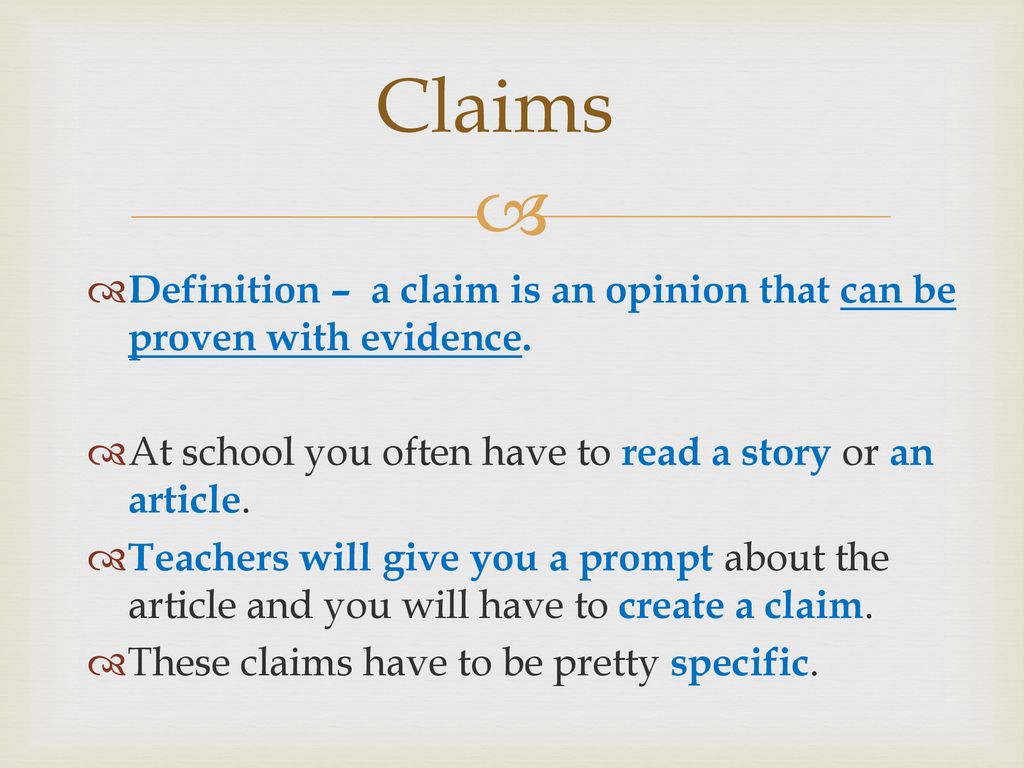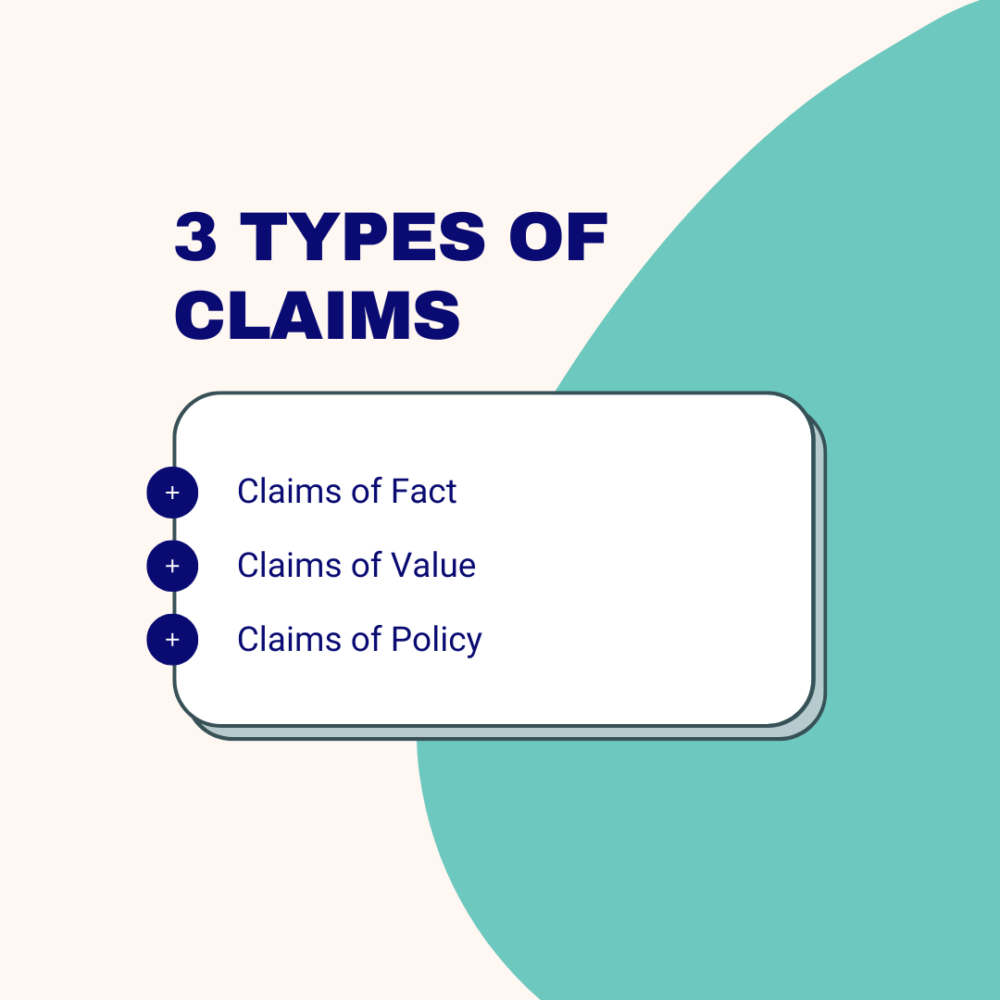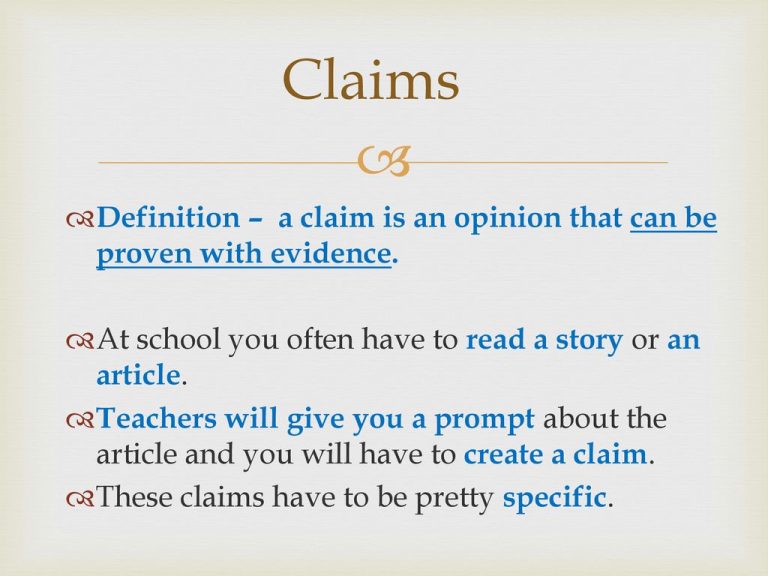Understanding claim definition literature is like finding the secret sauce that makes great writing work. Every piece of writing you read has claims hidden inside it.
These claims shape how authors convince you, teach you, and make you feel something.
Most students struggle with identifying claims because they think it’s just about opinions.
But claims in literature are much more powerful than simple opinions.
They’re the backbone of every story, essay, and poem you’ll ever read.

What is a Claim in Literature?
A claim in literature is a statement that an author presents as true or valid.
Think of it as the author’s main point or argument they want you to believe.
Claims go beyond just stating facts.
They present ideas that need proof or support to convince readers.
Every claim tells readers what the author thinks about a topic.
Authors use evidence, examples, and reasoning to back up their claims.
Without claims, writing would just be a collection of random facts.
Claims give direction and purpose to literary works.
They help readers understand the author’s perspective on life, society, or human nature.
Key Characteristics of Literary Claims
Literary claims share several important features:
Debatable Nature: Claims present ideas that people can disagree with.
Evidence Required: Authors must provide support for their claims.
Persuasive Intent: Claims aim to convince readers of something.
Clear Position: Claims show exactly where the author stands.
Logical Structure: Claims follow reasoning that makes sense.
Types of Claims in Literature
1. Factual Claims
Factual claims state something as true based on evidence.
These claims can be verified through research or observation.
Authors use factual claims to establish credibility with readers.
Example: “Shakespeare wrote 39 plays during his career.”
This claim can be checked against historical records.
Factual claims often appear in academic writing and non-fiction.
They provide the foundation for more complex arguments.
2. Value Claims
Value claims express judgments about what is good, bad, right, or wrong.
These claims reflect the author’s moral or aesthetic beliefs.
Value claims often appear in literary criticism and reviews.
Example: “Pride and Prejudice is the greatest romance novel ever written.”
This claim shows the author’s opinion about the book’s quality.
Value claims connect with readers’ emotions and beliefs.
They help authors share their perspective on important topics.
3. Policy Claims
Policy claims suggest what should be done about a problem.
These claims recommend specific actions or changes.
Policy claims often appear in persuasive essays and speeches.
Example: “Schools should teach more diverse literature to students.”
This claim proposes a solution to an educational issue.
Policy claims aim to inspire action from readers.
They combine facts and values to support their recommendations.
4. Causal Claims
Causal claims explain why something happens or what causes specific effects.
These claims show relationships between different events or ideas.
Causal claims help readers understand complex situations.
Example: “Social media causes increased anxiety in teenagers.”
This claim connects social media use to mental health outcomes.
Causal claims require strong evidence to prove the connection.
They help readers understand cause-and-effect relationships.
5. Definitional Claims
Definitional claims explain what something means or how it should be understood.
These claims establish clear boundaries around concepts.
Definitional claims often start debates about meaning.
Example: “True friendship requires unconditional loyalty.”
This claim defines what friendship means to the author.
Definitional claims help readers understand key terms.
They set the foundation for other types of arguments.
How to Identify Claims in Literature
Look for Opinion Markers
Authors often use specific words that signal claims:
- “I believe”
- “In my opinion”
- “Clearly”
- “Obviously”
- “Without doubt”
These phrases indicate the author is making a claim.
Check for Debatable Statements
Claims present ideas that people can disagree with.
If everyone would agree with a statement, it’s probably not a claim.
Look for statements that could spark discussion or debate.
Find Supporting Evidence
Claims need backup to be convincing.
Look for examples, statistics, or expert opinions that support statements.
The presence of evidence often indicates a claim.
Notice Persuasive Language
Authors use specific techniques to make claims more convincing:
- Emotional appeals
- Logical reasoning
- Expert testimonials
- Statistical data
Examine the Author’s Purpose
Ask yourself why the author wrote the piece.
Claims often relate directly to the author’s main purpose.
Understanding the purpose helps you identify the most important claims.
Examples of Claims in Famous Literature
Shakespeare’s Hamlet
Claim: “Revenge ultimately destroys both the avenger and the target.”
This thematic claim runs throughout the entire play.
Hamlet’s quest for revenge leads to multiple deaths.
The play provides evidence through character actions and consequences.
To Kill a Mockingbird by Harper Lee
Claim: “Prejudice stems from ignorance and fear of the unknown.”
Lee supports this claim through various character interactions.
The novel shows how education and understanding can overcome prejudice.
Multiple examples throughout the story prove this point.
1984 by George Orwell
Claim: “Totalitarian governments control people by manipulating truth.”
Orwell demonstrates this through the concept of “doublethink.”
The novel provides extensive evidence of government manipulation.
This claim serves as a warning about political power.
The Great Gatsby by F. Scott Fitzgerald
Claim: “The American Dream is an illusion that leads to destruction.”
Fitzgerald supports this claim through Gatsby’s tragic story.
The novel shows how pursuing wealth and status destroys relationships.
Multiple characters demonstrate the emptiness of material success.

The Role of Claims in Different Literary Genres
Claims in Fiction
Fiction writers embed claims within their stories.
These claims often relate to human nature, society, or moral issues.
Characters and plot events serve as evidence for these claims.
Common Fiction Claims:
- Love conquers all obstacles
- Good eventually triumphs over evil
- Power corrupts even good people
- Family bonds are stronger than friendship
Claims in Poetry
Poets express claims through imagery, metaphor, and emotion.
Poetic claims often focus on personal experiences or universal truths.
The poem’s structure and language support these claims.
Common Poetry Claims:
- Nature heals the human spirit
- Love is both beautiful and painful
- Time changes everything
- Death is a natural part of life
Claims in Non-Fiction
Non-fiction writers state claims more directly.
These claims often relate to real-world issues or ideas.
Authors use facts, statistics, and expert opinions as evidence.
Common Non-Fiction Claims:
- Education reduces poverty
- Technology improves quality of life
- Exercise benefits mental health
- Reading develops empathy
Claims in Drama
Playwrights present claims through dialogue and action.
Dramatic claims often explore social issues or human conflicts.
The play’s resolution usually supports or challenges these claims.
Common Drama Claims:
- Justice requires personal sacrifice
- Society pressures individuals to conform
- Communication prevents misunderstandings
- Tradition sometimes conflicts with progress
How Authors Support Their Claims
Using Evidence
Authors provide different types of evidence to support claims:
Statistical Data: Numbers and research findings that prove points.
Expert Opinions: Quotes from authorities in relevant fields.
Historical Examples: Past events that support current arguments.
Personal Experiences: Real-life stories that illustrate points.
Logical Reasoning: Step-by-step thinking that leads to conclusions.
Rhetorical Devices
Authors use specific techniques to make claims more convincing:
Metaphors: Comparisons that help readers understand complex ideas.
Repetition: Repeating key phrases to emphasize important points.
Emotional Appeals: Using feelings to connect with readers.
Logical Structure: Organizing ideas in a clear, logical way.
Credible Sources: Citing reliable authorities to build trust.
Common Mistakes When Identifying Claims
Confusing Facts with Claims
Facts can be proven true or false.
Claims present ideas that require interpretation or judgment.
Fact: “The novel contains 300 pages.”
Claim: “The novel’s length makes it difficult to read.”
Identifying Only Obvious Claims
Some claims are subtle and require careful reading.
Authors don’t always state claims directly.
Look for implied messages and themes.
Ignoring Context
Claims depend on the situation and audience.
The same statement might be a claim in one context but not another.
Consider the author’s purpose and intended readers.
Overlooking Supporting Evidence
Claims without evidence are just opinions.
Look for how authors back up their statements.
Strong claims always have solid support.
The Importance of Claims in Academic Writing
Building Strong Arguments
Claims form the foundation of academic arguments.
Students must learn to identify and evaluate claims.
This skill helps in writing essays and research papers.
Critical Thinking Development
Analyzing claims improves critical thinking skills.
Students learn to question what they read.
This ability helps in all academic subjects.
Research Skills
Finding evidence for claims teaches research methods.
Students learn to use reliable sources.
These skills are valuable in college and careers.
Communication Skills
Understanding claims improves writing and speaking.
Students learn to present ideas clearly.
This skill helps in presentations and discussions.
How Claims Connect to Themes
Relationship Between Claims and Themes
Claims often express the main themes of literary works.
Themes are the big ideas that authors want to explore.
Claims provide specific statements about these themes.
Example: If friendship is the theme, a claim might be “True friendship requires sacrifice.”
Supporting Themes Through Claims
Authors use multiple claims to develop themes.
Each claim adds another layer to the theme.
This creates a rich, complex exploration of ideas.
Universal vs. Specific Claims
Some claims apply to all people and situations.
Others are specific to certain characters or events.
Both types contribute to the overall theme.
Teaching Claims to Students
Start with Simple Examples
- Begin with clear, obvious claims.
- Help students recognize claim language.
- Practice with short passages before moving to longer texts.
Use Graphic Organizers
- Visual tools help students organize their thinking.
- Claim-evidence charts show relationships clearly.
- These tools make abstract concepts concrete.
Practice with Different Genres
- Expose students to claims in various types of writing.
- This helps them understand how claims work differently.
- Each genre has its own way of presenting claims.
Encourage Questions
- Teach students to ask about every statement they read.
- Questions help identify potential claims.
- This develops critical reading skills.
The Future of Claim Analysis
Digital Tools
- New technology helps students analyze claims.
- Apps can highlight potential claims in texts.
- These tools support learning but don’t replace critical thinking.
Multimedia Claims
- Modern authors use images, videos, and audio.
- Claims appear in many different formats.
- Students need skills for all types of media.
Global Perspectives
- Literature from different cultures presents diverse claims.
- Students benefit from exposure to various viewpoints.
- This develops cultural understanding and empathy.

Practical Applications
In Academic Writing
Students use claim analysis for:
- Essay writing
- Research papers
- Literature reviews
- Critical analyses
In Daily Life
Claim analysis helps with:
- News evaluation
- Advertisement assessment
- Social media literacy
- Decision making
In Career Development
Professionals use these skills for:
- Business presentations
- Marketing strategies
- Policy development
- Leadership communication
FAQs
What is the definition of claim in literature?
In literature, a claim is a statement or argument that expresses a viewpoint, often supported with evidence or reasoning.
What is the best definition of claim?
A claim is a clear assertion or position on a topic, typically used to persuade or inform in essays and arguments.
What is a claim of a story?
A story’s claim is its central message or argument—what the author wants the reader to understand or believe.
What is a claim and its types?
A claim is a debatable statement in writing. Common types include factual, value-based, policy, cause-and-effect, and definition claims.
What is the definition of a simple claim?
A simple claim is a straightforward, single-point statement that makes an argument or expresses a position.
What is the official definition of a claim?
Officially, a claim is a statement that asserts something to be true, often forming the basis of an argument or persuasive text.
Conclusion
Claims in literature are the powerful statements that authors use to share their ideas with readers.
Understanding claim definition in literature helps you become a better reader and writer.
Every story, poem, and essay contains claims that shape how you think and feel.
By learning to identify different types of claims, you develop critical thinking skills.
These skills help you in school, work, and daily life.
Claims connect authors and readers through shared ideas and experiences.
They make literature meaningful and relevant to your life.
Remember that claims need evidence to be convincing.
Look for how authors support their statements with facts, examples, and reasoning.
Practice identifying claims in everything you read.
This skill will make you a more thoughtful and engaged reader.
Literature becomes more interesting when you understand the claims within it.
You’ll see how authors use claims to explore important themes and ideas.
This understanding deepens your appreciation for great writing.
Keep practicing, and you’ll become an expert at recognizing claims in all types of literature.
The more you understand claims, the better you’ll become at making your own arguments.
This skill will serve you well throughout your academic and professional career.
Claims are the foundation of all great writing, and now you have the tools to find and understand them.

